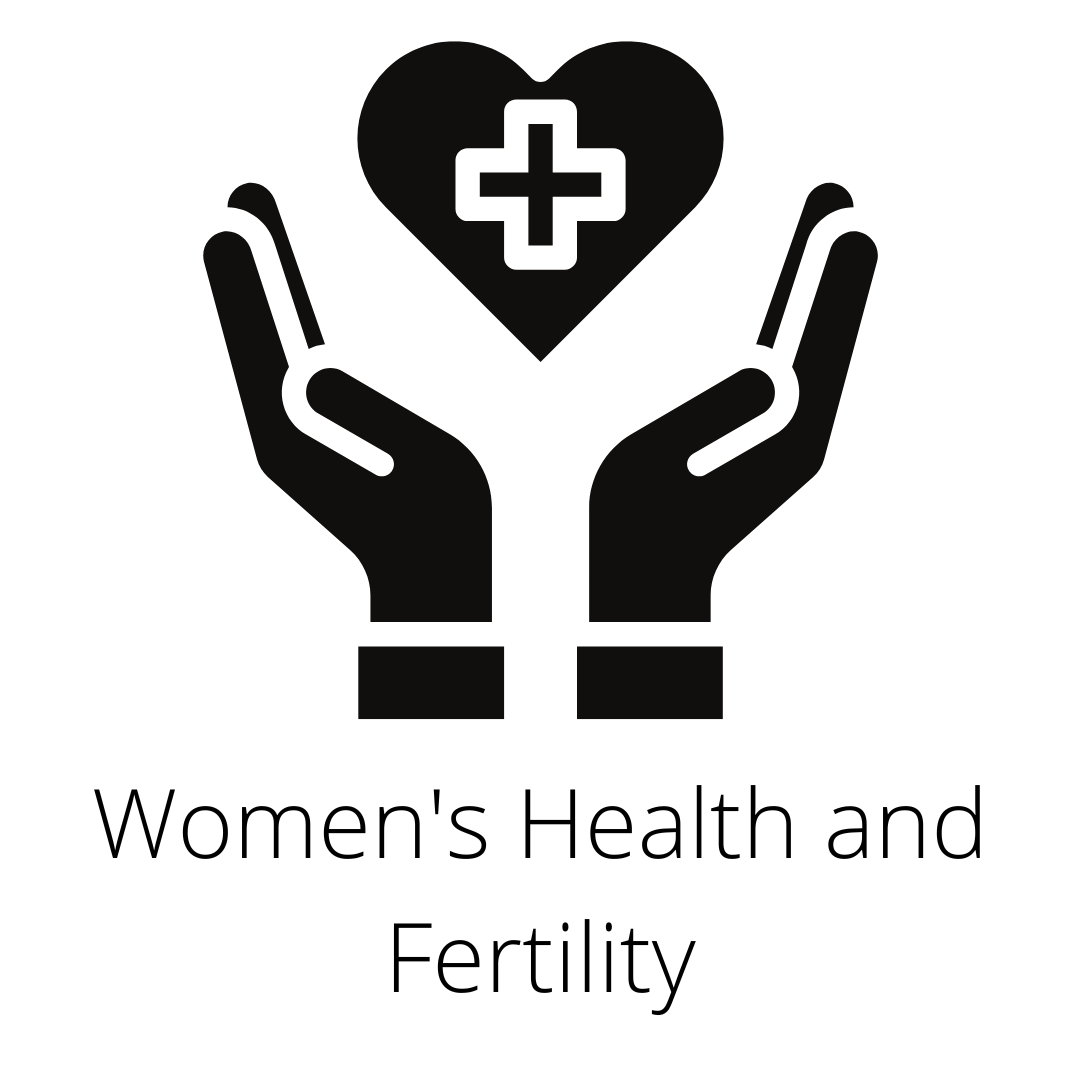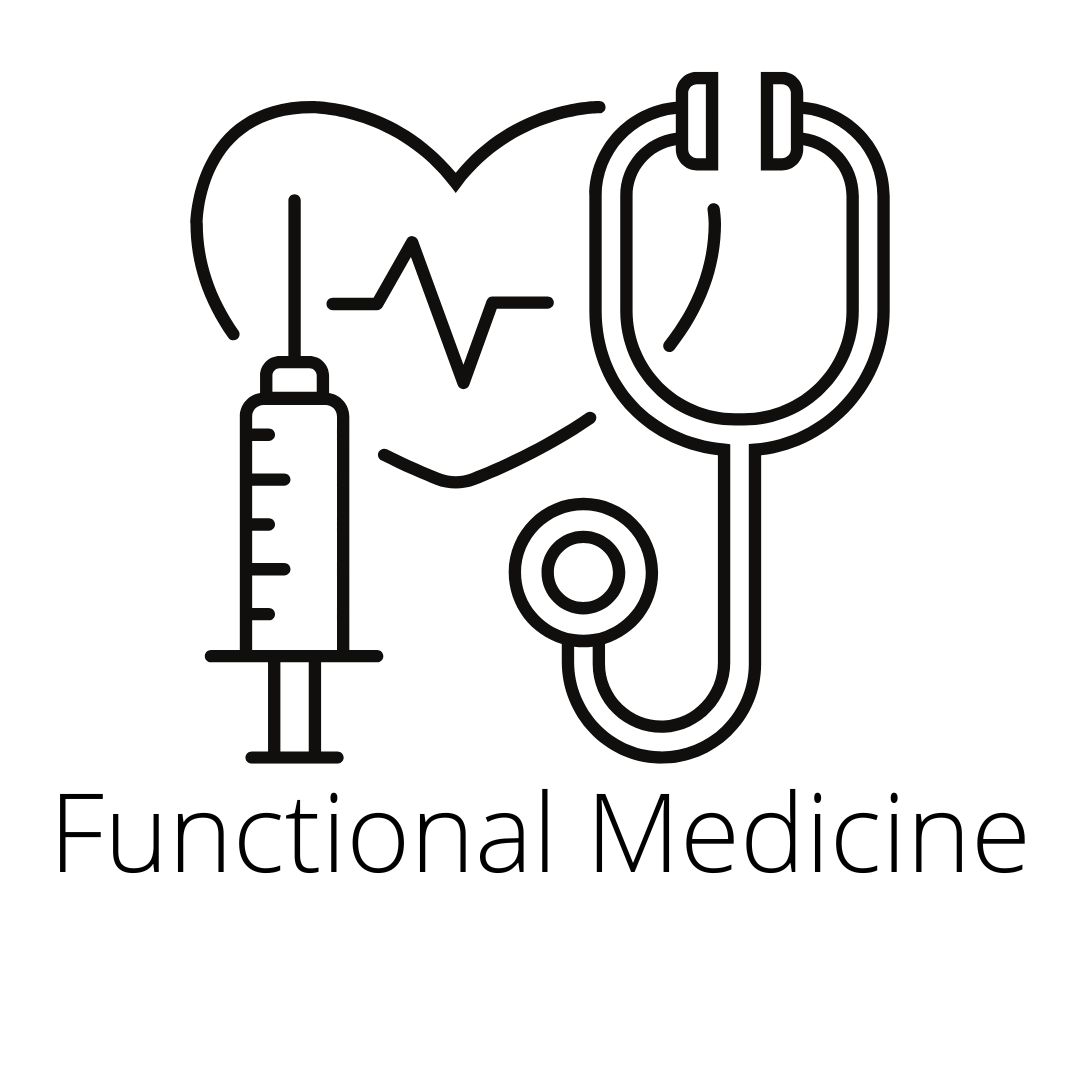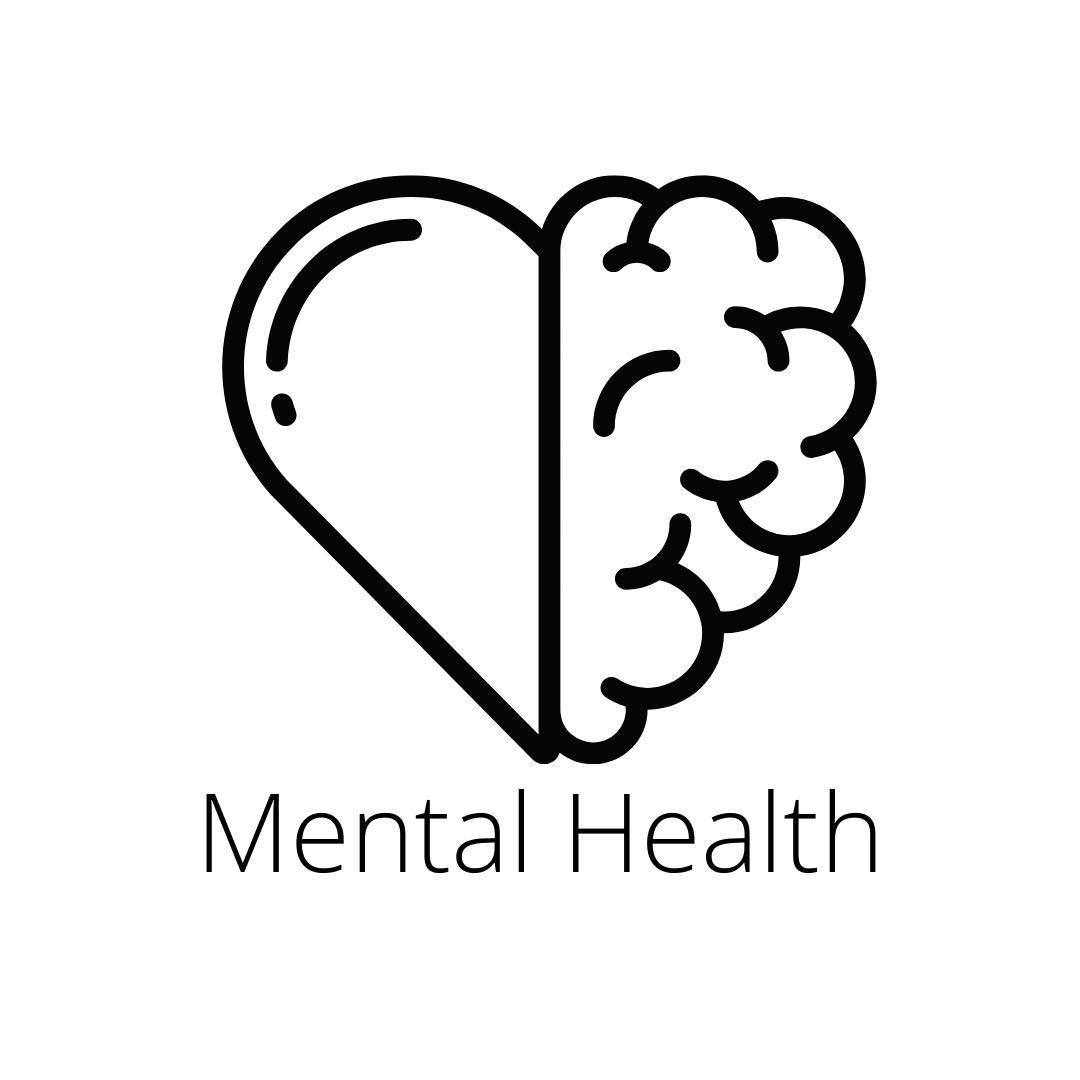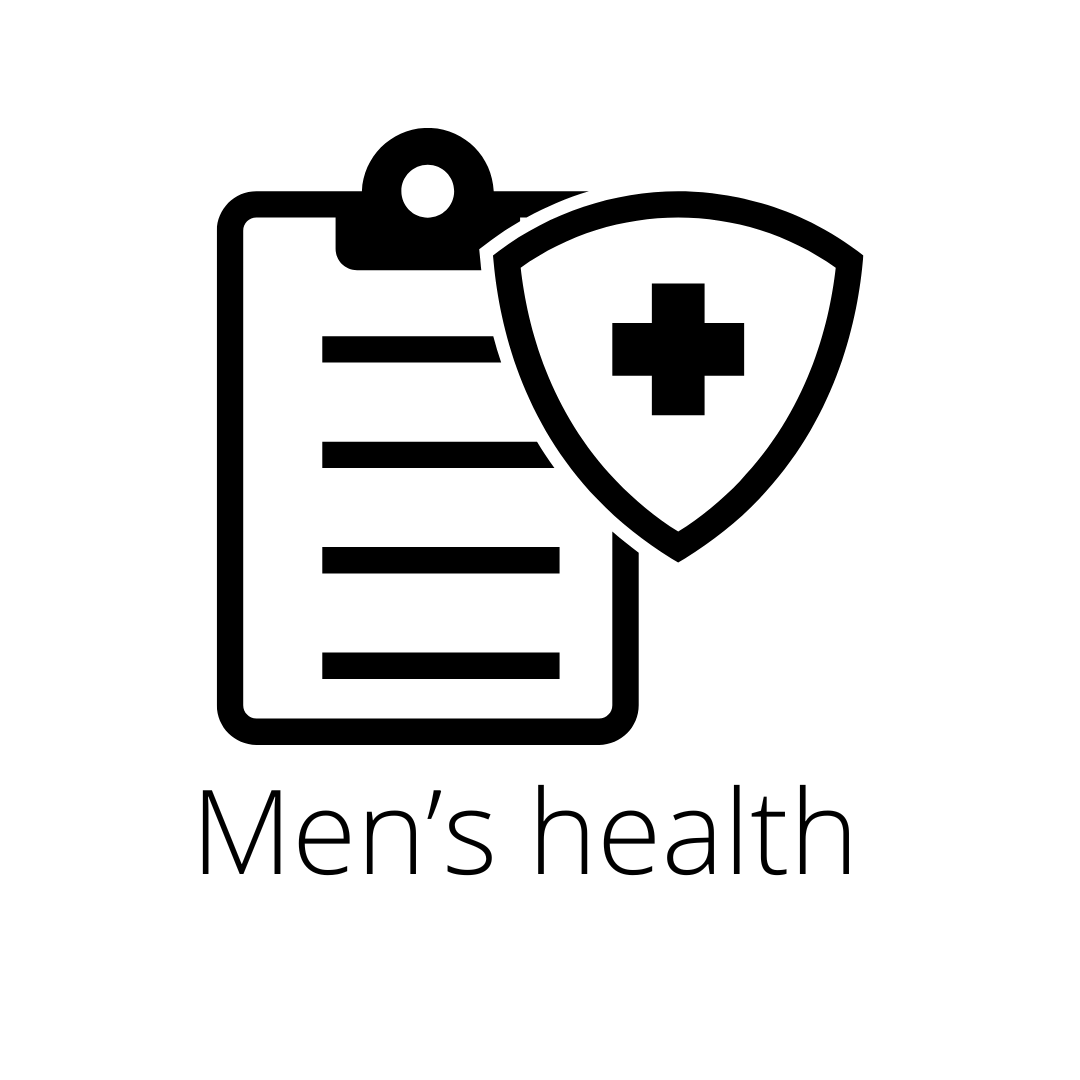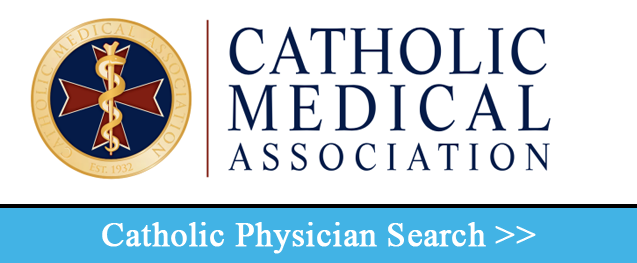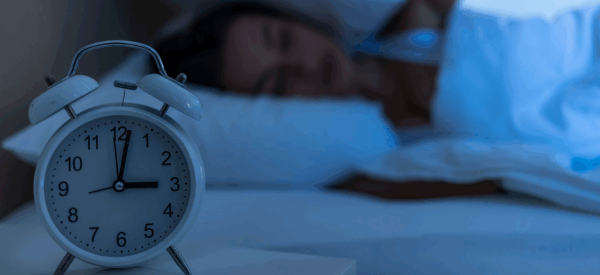
Sleepless Nights and Silent Graces: Seven Facts About Insomnia
Insomnia is often seen as a purely medical condition—an enemy of rest and peace. But what if those long, restless hours have more meaning than we think? As Catholics, we believe that even our suffering can be redemptive and that God speaks not only in daylight but also in the hush of night.
Here are some little-known facts about insomnia, viewed through both scientific and spiritual eyes:
1. Your Brain Isn’t Entirely “Awake”—Nor Is It Fully Asleep
Modern neuroscience has shown that during insomnia, the brain is in a strange liminal state. It’s not fully alert, but not deeply asleep either. It’s as if you’re suspended between two worlds.
Catholic Reflection: Saints and mystics often speak of “liminal spaces”—times or places when Heaven feels close. The silence of night can create an inner stillness that’s rare during the noise of day. Could insomnia be a space where God is waiting to meet us?
“In the silence of the night, You whisper peace to my soul.” —Inspired by Psalm 16
2. Some Saints Were “Holy Insomniacs”
St. Catherine of Siena is said to have slept only 1–2 hours a night, devoting the rest of her time to prayer and service. Likewise, St. John Vianney often spent nights in adoration or hearing confessions.
Caution: They weren’t advocating sleep deprivation—these were special graces, not guidelines. But their lives remind us that nighttime can be sanctified.
Catholic Reflection: If you’re lying awake, offer the time to God. You don’t need eloquent words—just your presence. This is the “night watch” the Psalms speak of, where we keep vigil not in fear, but in love.
3.Medication Isn’t the Only Answer—Nor the Enemy
Unknown Fact: Cognitive Behavioral Therapy for Insomnia (CBT-I) is often more effective than medication—and recommended as a first-line treatment.
Catholic Insight: Seeking professional help is not a lack of faith. God works through science and medicine. The Catechism affirms that we are stewards of our bodies—and mental health is no exception.
Solution:
- See a Catholic-friendly therapist or sleep specialist who can help address root causes like anxiety or trauma.
- Pair treatment with spiritual direction—you may be surprised how healing both soul and sleep can be.
4. Your Brain May Be “Hyperaroused”—Not Just Anxious
Unknown Fact: People with insomnia often have more activity in the “wake centers” of their brains—even while trying to sleep. Their bodies are ready for rest, but their brains are stuck in high gear.
Catholic Insight: Isn’t this how our spiritual lives feel sometimes? Our hearts long for peace, but our thoughts race with worries, guilt, or distraction. Even St. Augustine wrote, “My heart is restless until it rests in You, O God.”
Solution:
- Turn your “racing mind” into mental prayer. Don’t fight your thoughts—offer them.
- Try this prayer:
“Lord, I can’t shut off my mind, but I place each thought in Your hands. Quiet my soul like a child in its mother’s arms.” (Psalm 131)
5. Night Has a Sacred History
The night is not a godless time. In Scripture, some of the most profound events happen at night:
- The Exodus began at midnight (Exodus 12:29).
- Jesus prayed in Gethsemane while the disciples slept (Matthew 26).
- The Resurrection happened before dawn.
Catholic Reflection: When you’re awake at 3 a.m., remember that Christ has been there too—praying, sweating, weeping. Your sleeplessness is not meaningless. It is part of the same night that saw salvation begin.
6. Prayer During Insomnia Has a Special Power
Some mystics believed that prayers said during the “third watch of the night” (around 3 a.m.) are particularly powerful. Whether or not that’s true, there is something undeniably intimate about praying in the silence when the world sleeps.
Spiritual Practice: Instead of resisting insomnia with frustration, try turning it into contemplative prayer:
- Pray the Rosary slowly.
- Meditate on a Psalm (try Psalm 63 or 42).
- Simply repeat the name of Jesus with each breath.
7. Your Evening Habits May Be Disrupting God’s Gift of Rest
Unknown Fact: Exposure to blue light (from phones, TVs, etc.) within an hour of bed can suppress melatonin, the hormone that helps you sleep.
Catholic Insight: Evening is meant to be a time of preparation for rest, not stimulation. Consider how you close the day. Are you letting your soul unwind—or overstimulating your mind?
Solution:
Create a “holy shutdown” ritual-
- Dim the lights after 9 p.m.
- Avoid screens an hour before bed
- Listen to Gregorian chant or pray Night Prayer from the Liturgy of the Hours
- End with gratitude:
“Lord, I give You this day. Thank You for what I received and what I endured.”
Final Thoughts: Sleepless but Not Alone
Insomnia is not just a medical issue—it can also be a spiritual battleground. But it doesn’t have to be fought alone. Whether caused by stress, grief, or unknown reasons, these long nights can become places of unexpected grace. Remember, God is present in your sleeplessness. He neither slumbers nor sleeps (Psalm 121:4), and He is close to the brokenhearted—even the sleep-deprived ones.
So if you find yourself wide awake tonight, take heart. You are keeping watch with the One who stayed awake in Gethsemane—for you.
If you are having difficulty managing your insomnia, you can find care with providers who share your Catholic faith through My Catholic Doctor.


